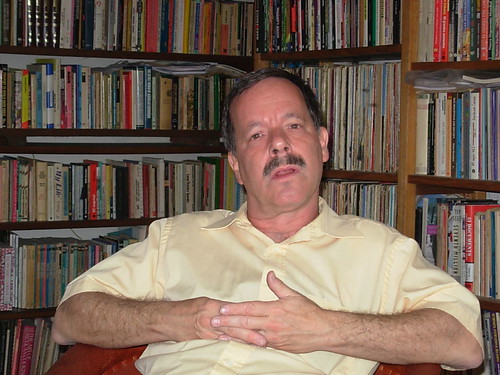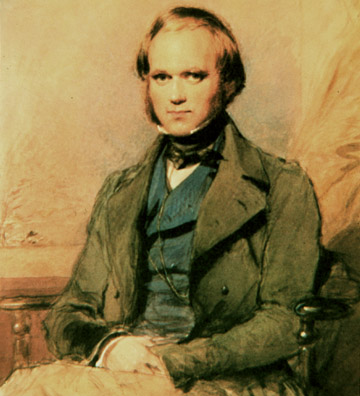Luis Bilbao is a central participant in the construction of the mass United Socialist Party of Venezuela (PSUV) and in the formation of the Union of South American Nations (UNASUR). He will be a featured guest at the World at a Crossroads conference, to be held in Sydney, Australia, on April 10-12, 2009, organised by the Democratic Socialist Perspective, Resistance and Green Left Weekly. To book your tickets for the conference go to http://www.worldatacrossroads.org/register.
February 14, 2009 -- A string of provocations in the days leading up to the constitutional amendment referendum points to the employment of a disturbance plan that could well be followed up with destabilisations attempts after the poll.







